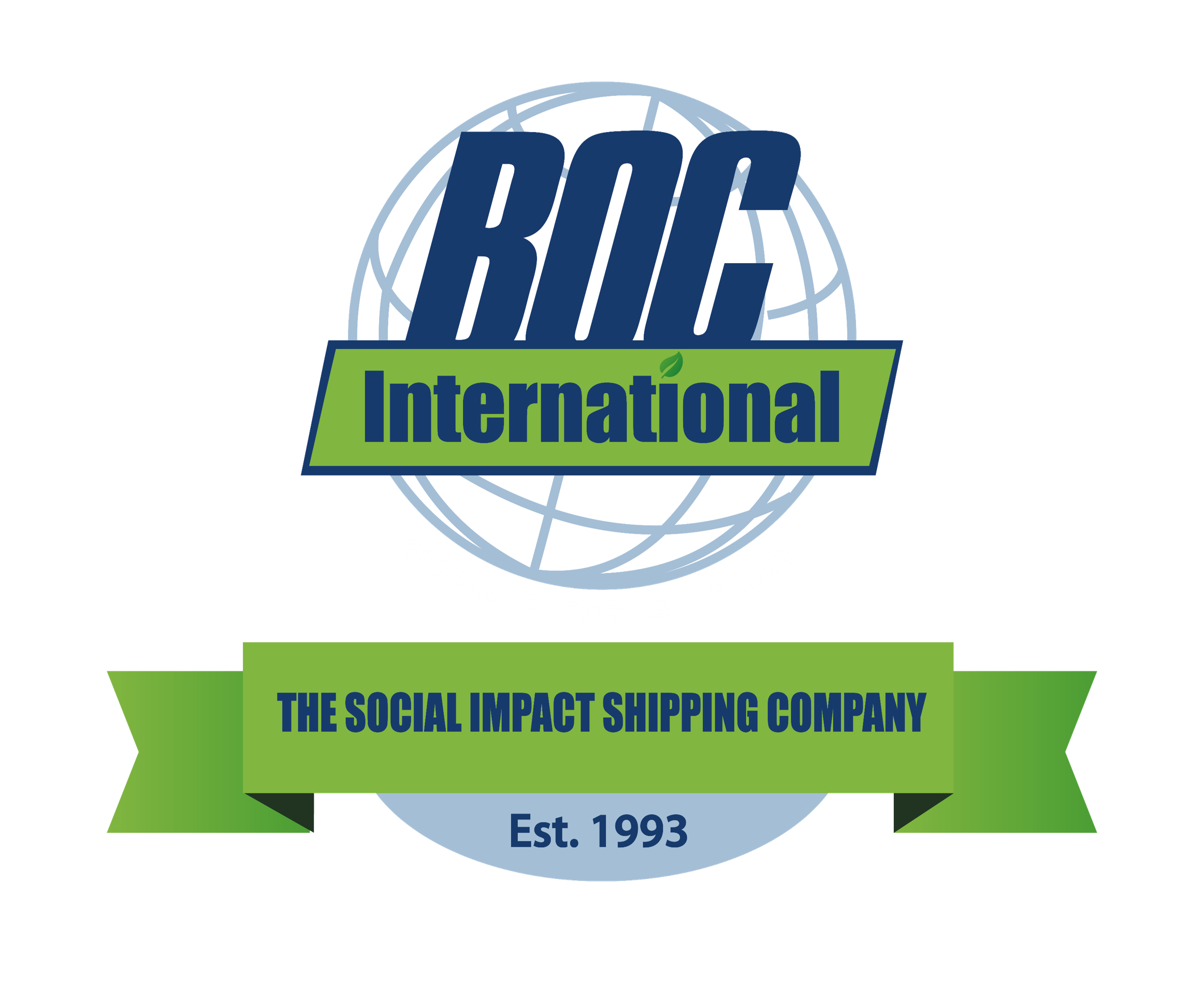Vestager to examine competition in red-hot container market
By Louise Wendt Jensen, Astrid Sturlason – Published: 08.03.21 at 14:59, ShippingWatch.com
EU Competition Commissioner Margrethe Vestager now plans to scrutinize the extreme situation unfolding in the global container market together with the industry. The EU will subsequently “consider ways forward,” a spokesperson tells ShippingWatch.
Copenhagen/Brussels
The European competition authorities will now – together with the industry – examine the current conditions in the global container market. Conditions that have so far been criticized by both US and Chinese authorities.
Rising freight rates, growing container shortages and major delays have long been the consequence of a red-hot market that has seen extraordinary demand for transporting goods from Asia to Europe and the US during the coronavirus pandemic.
“We are discussing with market participants, i.e. shippers, freight forwarders, port operators, carriers, to fully understand the current circumstances, and consider ways forward,” says a spokesperson for Margrethe Vestager, EU executive vice-president and competition commissioner, in a comment to ShippingWatch.
“It seems that these price increases were caused by a combination of factors, such as fluctuating high demand, port congestion, and shortage of containers, in markets which are intertwined at worldwide level,” the spokesperson continues.
This is the first time the EU exhibits such a clear reaction to the current situation in the container market, seeing as the EU’s stance is often more tentative and based on a requirement that evidence must first be presented – at least if it concerns a possible breach of the container liners’ particularly favorable competitive conditions.
The rate boom and current customer dissatisfaction with the low service levels have already led authorities in both the US and China to speak up. The Chinese authorities last year summoned the world’s largest container lines to a meeting in which they were urged to curb rates.
The Federal Maritime Commission in the US has also upped its surveillance of the three large container alliances, under which the world’s largest container lines have organized themselves.
Criticism of liner companies
Shipping companies such as Maersk have been under scrutiny from the US authorities, which now demand monthly updates from the carriers in order to monitor the market. Previously, these updates were only given quarterly.
Maersk has – like many of its competitors – acknowledged that its service is currently substandard, but the carriers also all refer to the extraordinary circumstances created by the Covid-19 pandemic.
“We’re actually dismayed by the level of service we’re forced to provide right now,” said Maersk CCO, Vincent Clerc, recently.
“It doesn’t feel like a big high five moment right now. It feels like a moment where too many customer promises are not being delivered on and we are all hands on deck in trying to alleviate the situation,” he said.
Maersk CEO Søren Skou has set a stated target of bringing the company’s reliability up to between 85 and 95 percent as early as 2021. In January this year, this figure sat at 46.3 percent for Maersk’s ships against 76.4 percent in January last year.
Criticism from US agriculture
In the US, associations like the Agriculture Transportation Coalition and transport associations such as HTA have voiced their opinions. Just last week, Global Shippers’ Forum also voiced its criticism.
In a new review, GSF criticized shipping companies for continuing to provide poor service while cashing in record-level rates.
The industry association’s quarterly survey, conducted by MDS Transmodal, examines eight key performance indicators (KPIs).
“Importers and exporters around the world are paying record high shipping rates but receiving appalling levels of service reliability,” asserts Global Shippers’ Forum in the review.
Difficult for shippers to resolve
Organizations the European Association for Forwarding, Transport, Logistics and Customs Services (CLECAT) and European Shippers’ Council (ESC) have previously urged the European Commission to take action against the container lines, which they believe to be taking advantage of their special position and special competition exemption.
But so far, this has not been possible.
Because in order to do something, the two associations must either submit a formal, well-founded complaint about the competitive conditions or wait for the EU to, at some point, begin their evaluation of the so-called Block Exemption Regulation (BER).
BER is a special competition regulation that allows the container majors to coordinate their efforts through alliances such as, for example, Maersk and MSC’s 2M alliance. With the alliances, container lines are able to coordinate their networks and utilize space aboard each others’ vessels, if their market share is lower than 30 percent, that is.


